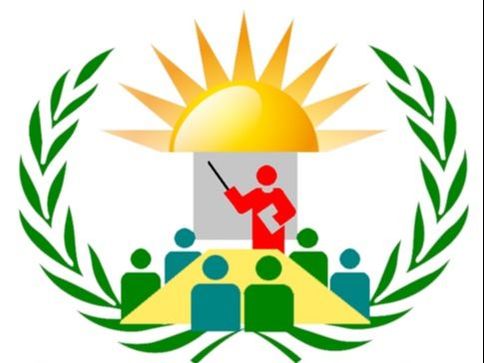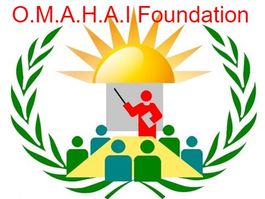O.M.A.H.A.I (NGO)
O.M.A.H.A.I stands for

Ongoing Opportunity for Growth
Manpower Development
Advancing Education
Needs-based Improvements
Building Capacity
Advocate Awareness through Individual Community Engagement
Human Rights Sustainability
Access to Services and Learning Programs
Innovative Training Strategies
Mission O.M.A.H.A.I is specialized in providing sustainable programs of growth to sustain dialectical process for individuals to progress. O.M.A.H.A.I is in the front line of designing and launching sustainable innovative need-based building capacity advanced educational programs. The education of Women and Children stands in the very heart and soul of this firm foundation. Education lies in the heart of our world’s collective efforts to constitute a firm foundation for a united humanity.
Vision Empowering the Marginalized, to enlist the constructive potential of individuals who have traditionally been excluded, through designing and launching sustainable programs of growth that address the individual need to progress intellectually, materialistically, physically and spiritually to release the capacities of individuals and collective communities towards contributing to the emergence of building a united world.
Core Values: (NBA)
Need-based Education: Expanding the vision, capacity, and volition necessary for people to act as effective agents of human well-being and prosperity.
Building Capacity: Working with the capacity of people at the grass-roots to become agents of their own development.
Appropriate Sustainable Learning: Strengthening a systematic and coherent process of learning that can gradually encompass a wider range of community endeavors.
Guidelines for O.M.A.H.A.I Core Values (NBA)
How can we ensure that efforts to assist people and communities to become protagonists of their own development do not reinforce the notions of “us” and “them” or the “developed” and the “developing”?
How can such efforts serve to strengthen vision, capabilities, and volition rather than creating dependencies?
How can social transformation be approached as a universal and shared enterprise and not something driven by the “haves” for the benefit of the “have nots”?
How can we give expression to the power that comes from love, knowledge, solidarity, truthfulness, and wisdom?
How can we strive for mutual empowerment in human relations at all levels of society?

